This post recaps the SWOT analysis for the U.S. hotel real estate and investment industry as outlined at the GF Hotels Forum in Towson, Maryland.
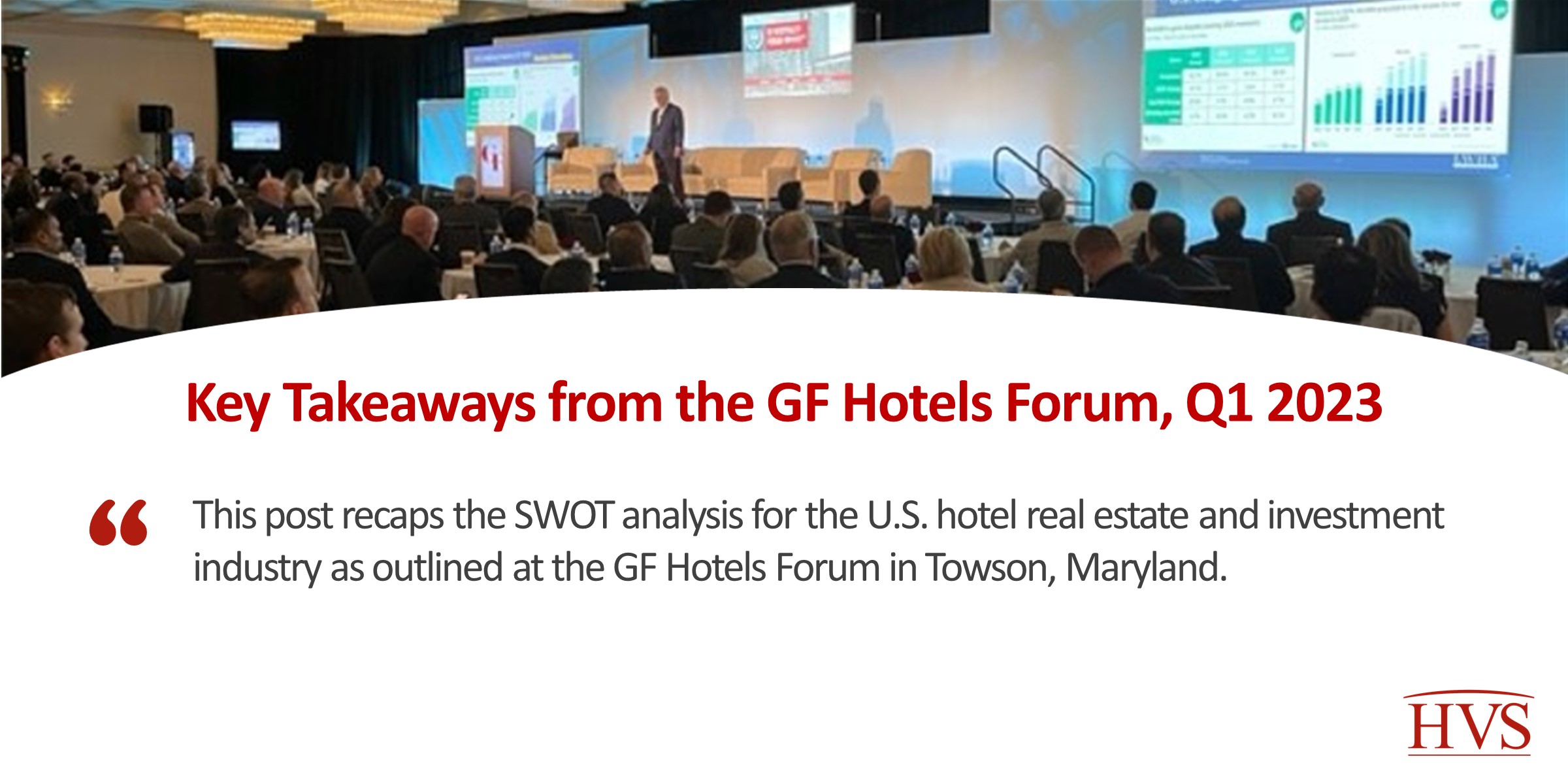
We have written thousands of articles about all aspects of hospitality, including valuations, investing, lending, operations, asset management, and much more.
This post recaps the SWOT analysis for the U.S. hotel real estate and investment industry as outlined at the GF Hotels Forum in Towson, Maryland.
This article provides a summary of the Super Bowl's effects on the Phoenix hotel market.
Nicknamed “the Magic City,” Miami has maintained its position as a world-class destination despite the national economic challenges experienced since 2020. Hotels in the greater Miami-Dade market have continued to realize year-over-year growth in both average daily rate and occupancy over the last several years.
Hotels in the Houston area faced a significant RevPAR decline in 2020, and at the beginning of 2023, the market is again contending with uncertainty surrounding rising inflation, risk of a potential economic slowdown, and volatility in its largest industry. In this article, we take a look at Greater Houston lodging recovery thus far and the outlook for the future.
The Detroit lodging market continues the road to recovery, with RevPAR levels nearing pre-pandemic levels due to the ADR rebound. Improving economic conditions, multiple large-scale developments, and the continued popularity of Detroit as a leisure destination are expected to support occupancy growth throughout 2023.
Despite a somewhat slow rebound when compared to many other major markets, the Washington, D.C. hotel market, inclusive of the luxury hotels, has experienced significant growth since mid-year 2022, led largely by ADR. The luxury market in D.C. has not seen this amount of change in decades, making it an exciting time for the segment. This article explores the recent luxury hotel performance in Washington, D.C.
Despite a demand surge after the reopening of Disneyland, hotel demand in Anaheim-Santa Ana lagged in 2021 due to a muted convention calendar, staffing shortages, and limited Disneyland ticket availability. ADR illustrated strong growth in 2021 and 2022, with further growth expected in 2023 given Disney’s centennial celebrations. Development projects herald a bright future for the area, supported by record transactions and the construction or rebranding of upscale and luxury hotel properties.
Another ALIS is in the books, and a busy one at that, with nearly 3,000 in attendance. If you weren’t one of those lucky thousands, here are our takeaways.
On January 25, 2023, the Seattle Convention Center (SCC) is debuting the completion of its expansion, known as Summit, which nearly doubles the capacity of the convention center facilities. This addition is not your average convention center expansion, with numerous unique and energy-efficient design features. This article provides an overview of the new building and its expected impact on the Seattle lodging market.
After a full RevPAR recovery in 2022, recessionary concerns and the capital markets are causing headwinds for the industry. What can hoteliers expect in 2023 and beyond? This article presents our latest forecast and insights.
We have written thousands of articles about all aspects of hospitality, including valuations, investing, lending, operations, asset management, and much more.

This post recaps the SWOT analysis for the U.S. hotel real estate and investment industry as outlined at the GF Hotels Forum in Towson, Maryland.
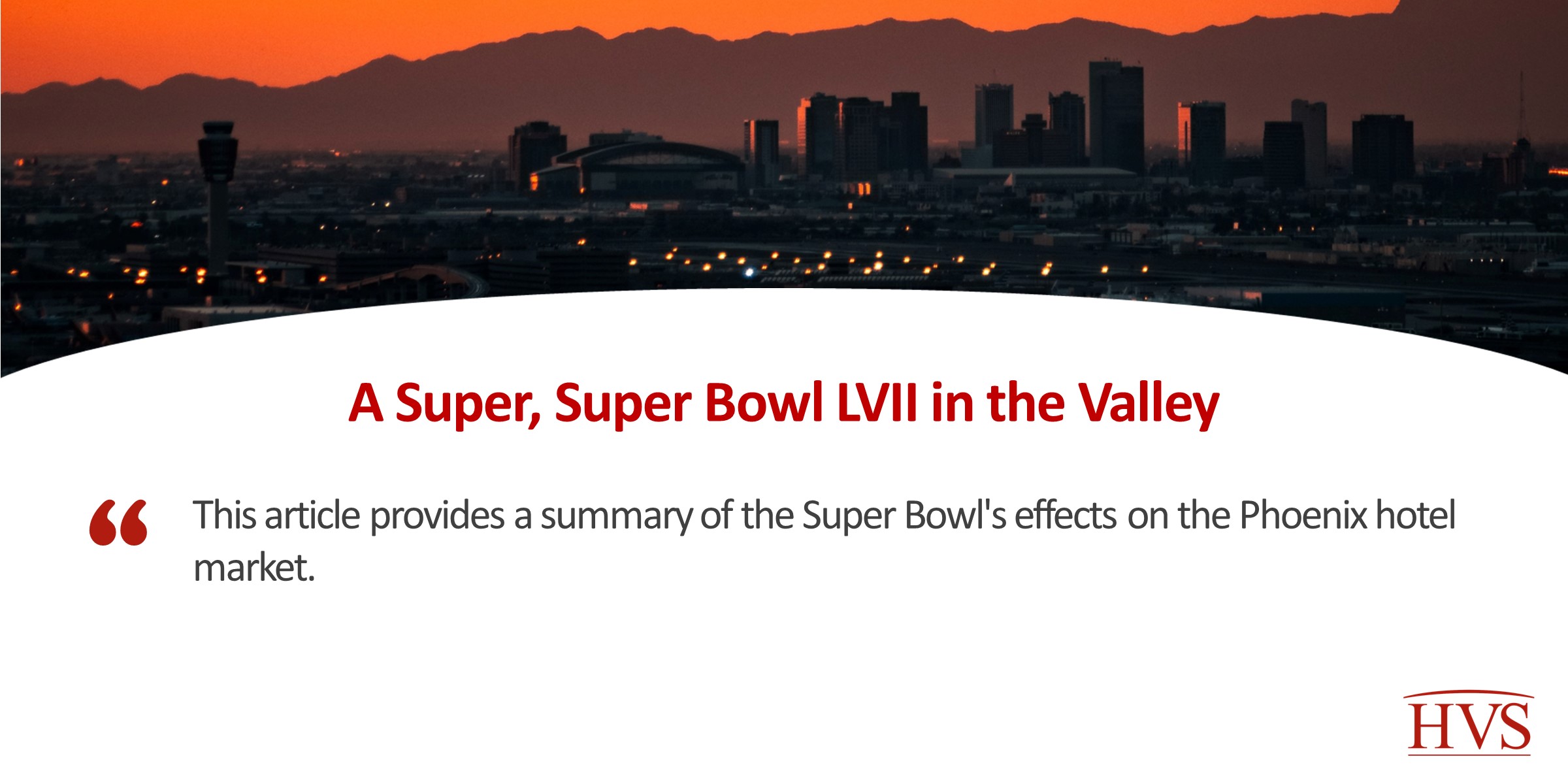
This article provides a summary of the Super Bowl's effects on the Phoenix hotel market.
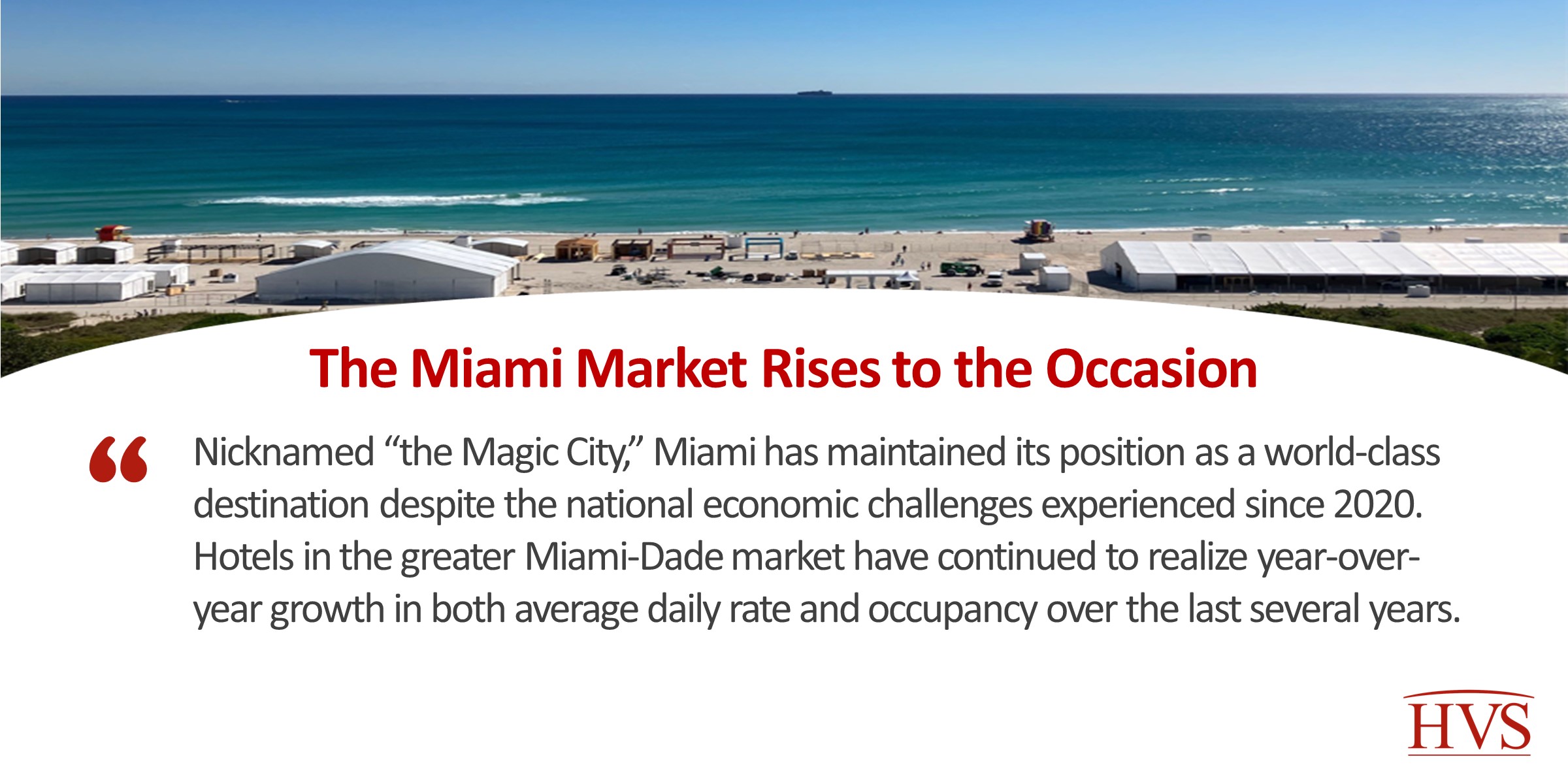
Nicknamed “the Magic City,” Miami has maintained its position as a world-class destination despite the national economic challenges experienced since 2020. Hotels in the greater Miami-Dade market have continued to realize year-over-year growth in both average daily rate and occupancy over the last several years.
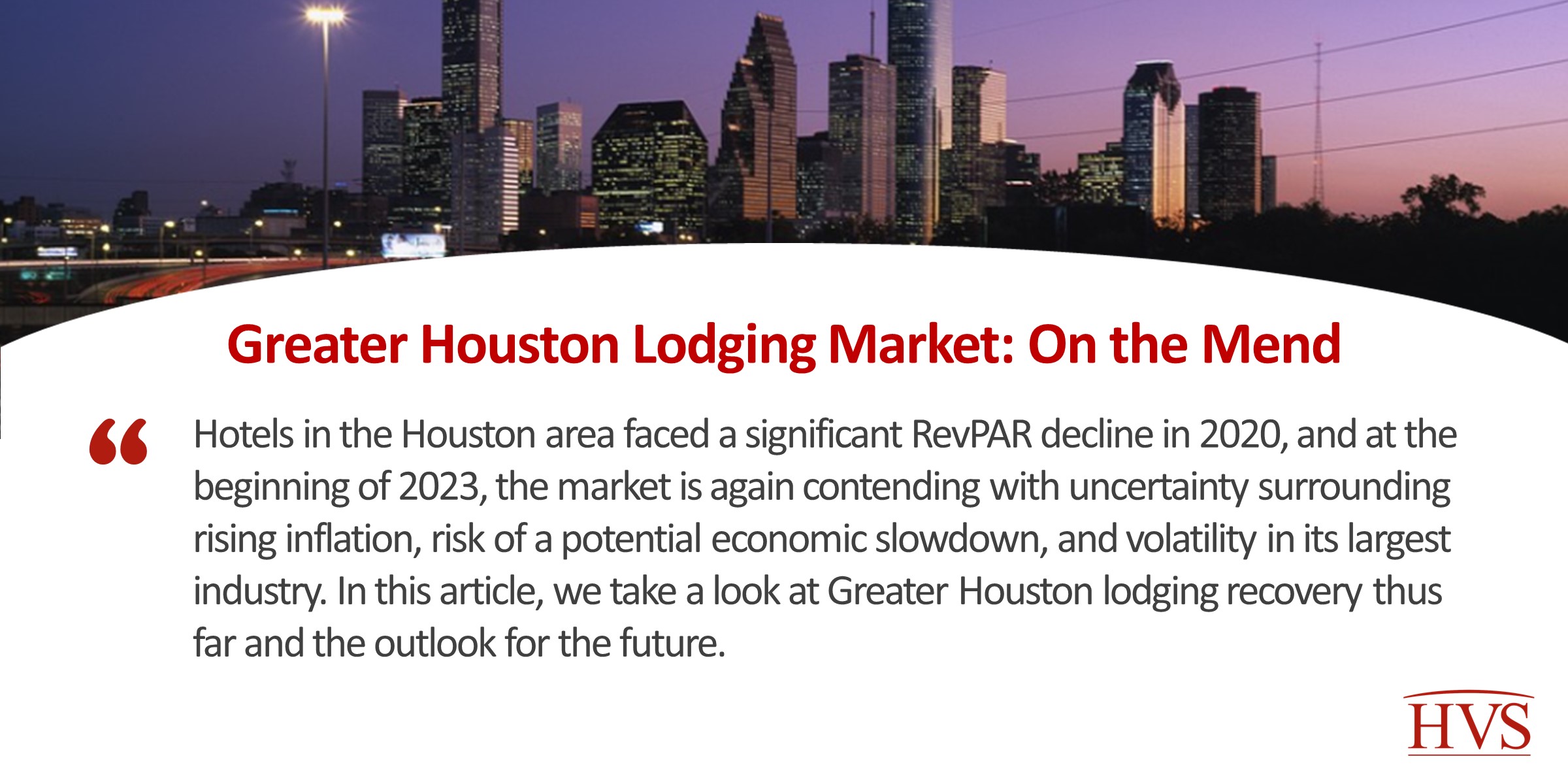
Hotels in the Houston area faced a significant RevPAR decline in 2020, and at the beginning of 2023, the market is again contending with uncertainty surrounding rising inflation, risk of a potential economic slowdown, and volatility in its largest industry. In this article, we take a look at Greater Houston lodging recovery thus far and the outlook for the future.
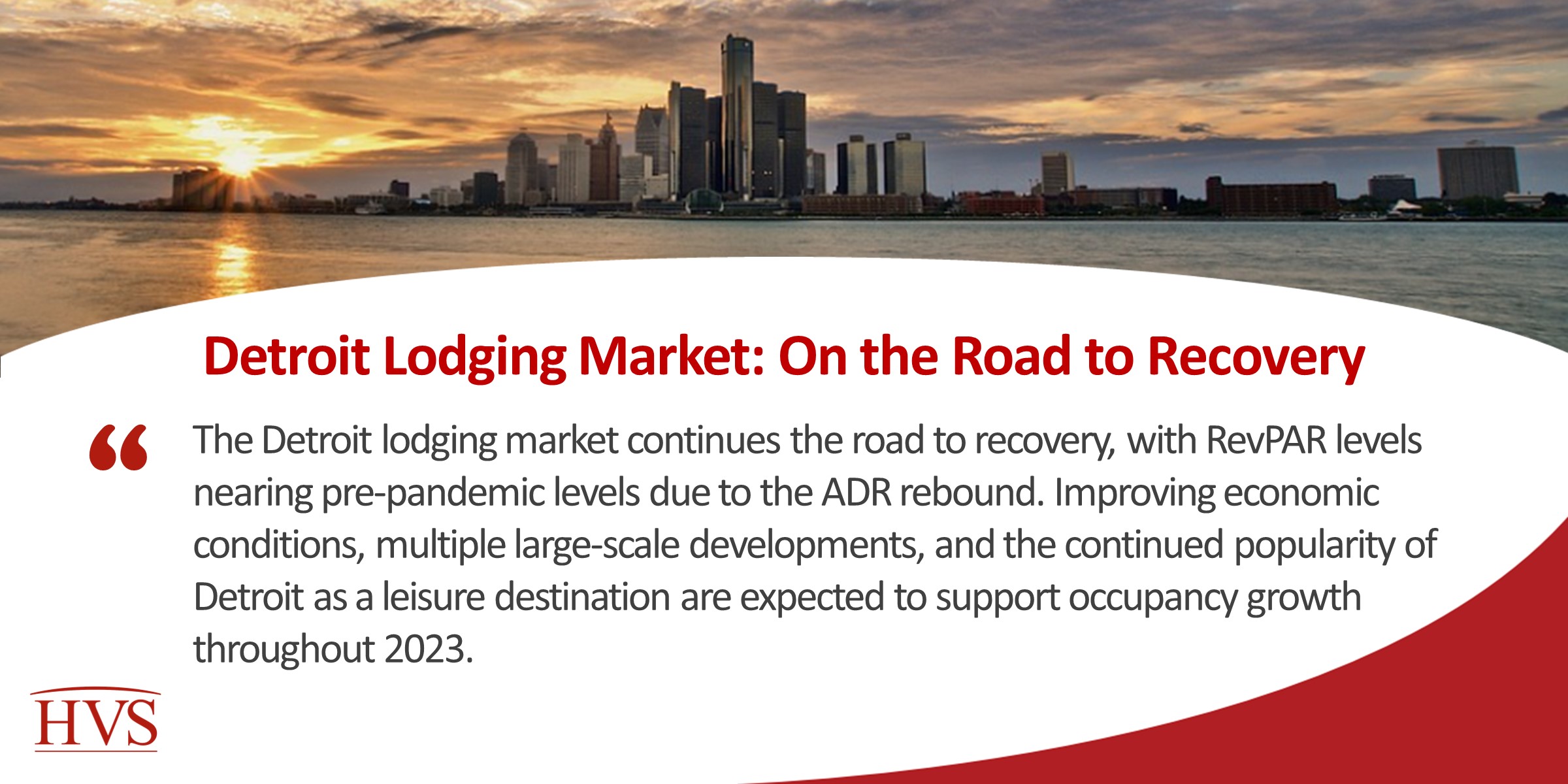
The Detroit lodging market continues the road to recovery, with RevPAR levels nearing pre-pandemic levels due to the ADR rebound. Improving economic conditions, multiple large-scale developments, and the continued popularity of Detroit as a leisure destination are expected to support occupancy growth throughout 2023.
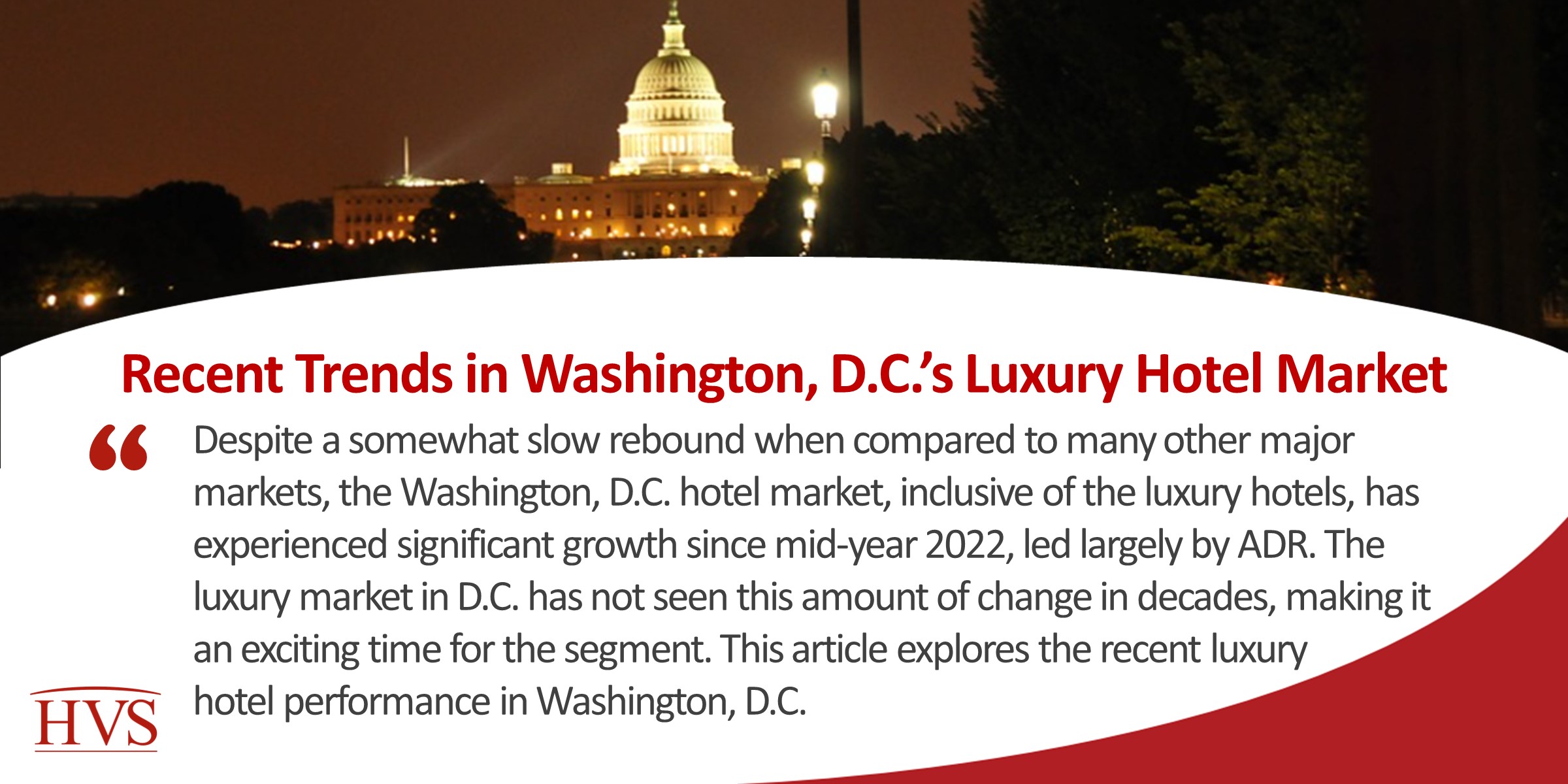
Despite a somewhat slow rebound when compared to many other major markets, the Washington, D.C. hotel market, inclusive of the luxury hotels, has experienced significant growth since mid-year 2022, led largely by ADR. The luxury market in D.C. has not seen this amount of change in decades, making it an exciting time for the segment. This article explores the recent luxury hotel performance in Washington, D.C.

Despite a demand surge after the reopening of Disneyland, hotel demand in Anaheim-Santa Ana lagged in 2021 due to a muted convention calendar, staffing shortages, and limited Disneyland ticket availability. ADR illustrated strong growth in 2021 and 2022, with further growth expected in 2023 given Disney’s centennial celebrations. Development projects herald a bright future for the area, supported by record transactions and the construction or rebranding of upscale and luxury hotel properties.
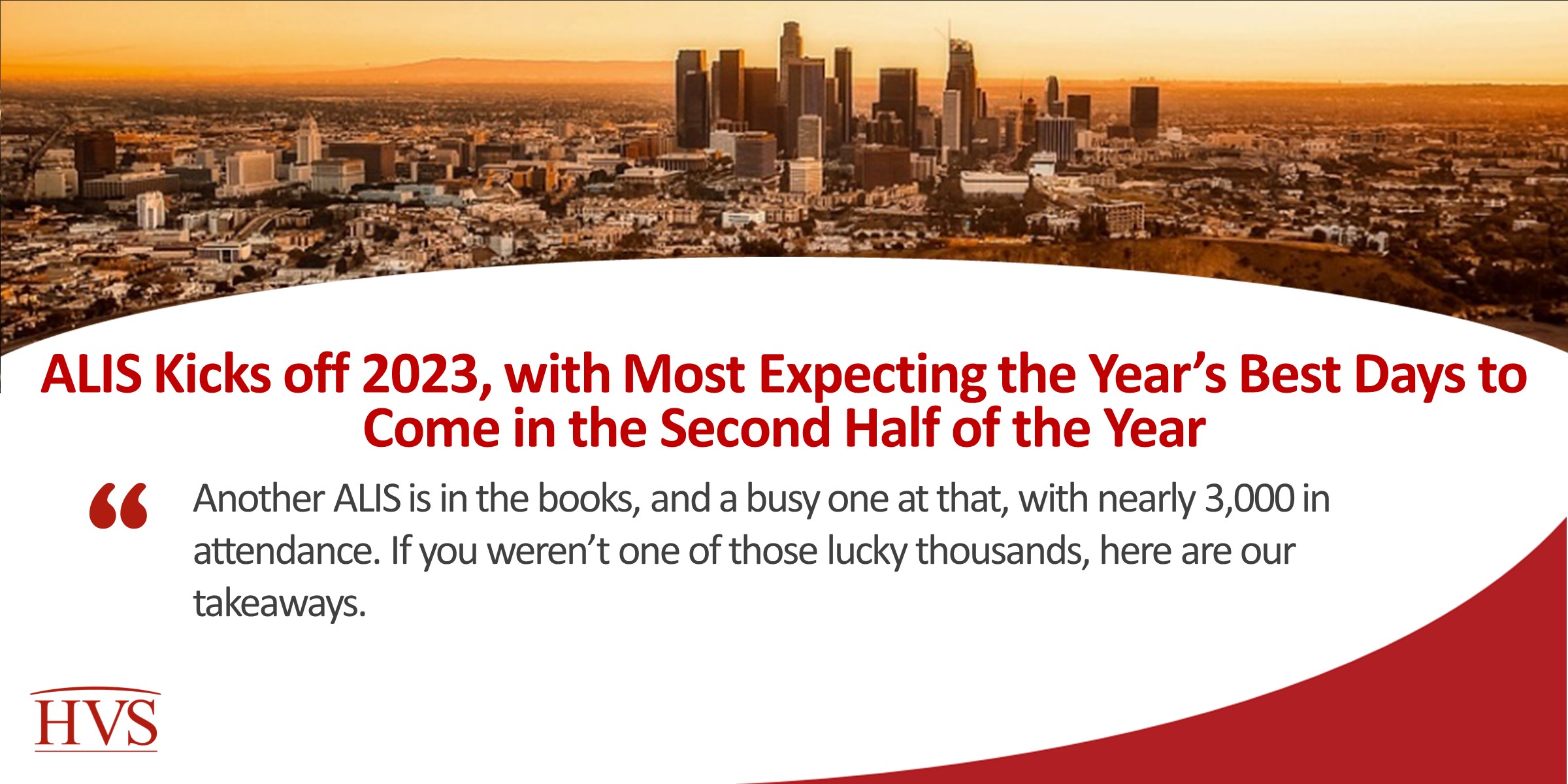
Another ALIS is in the books, and a busy one at that, with nearly 3,000 in attendance. If you weren’t one of those lucky thousands, here are our takeaways.
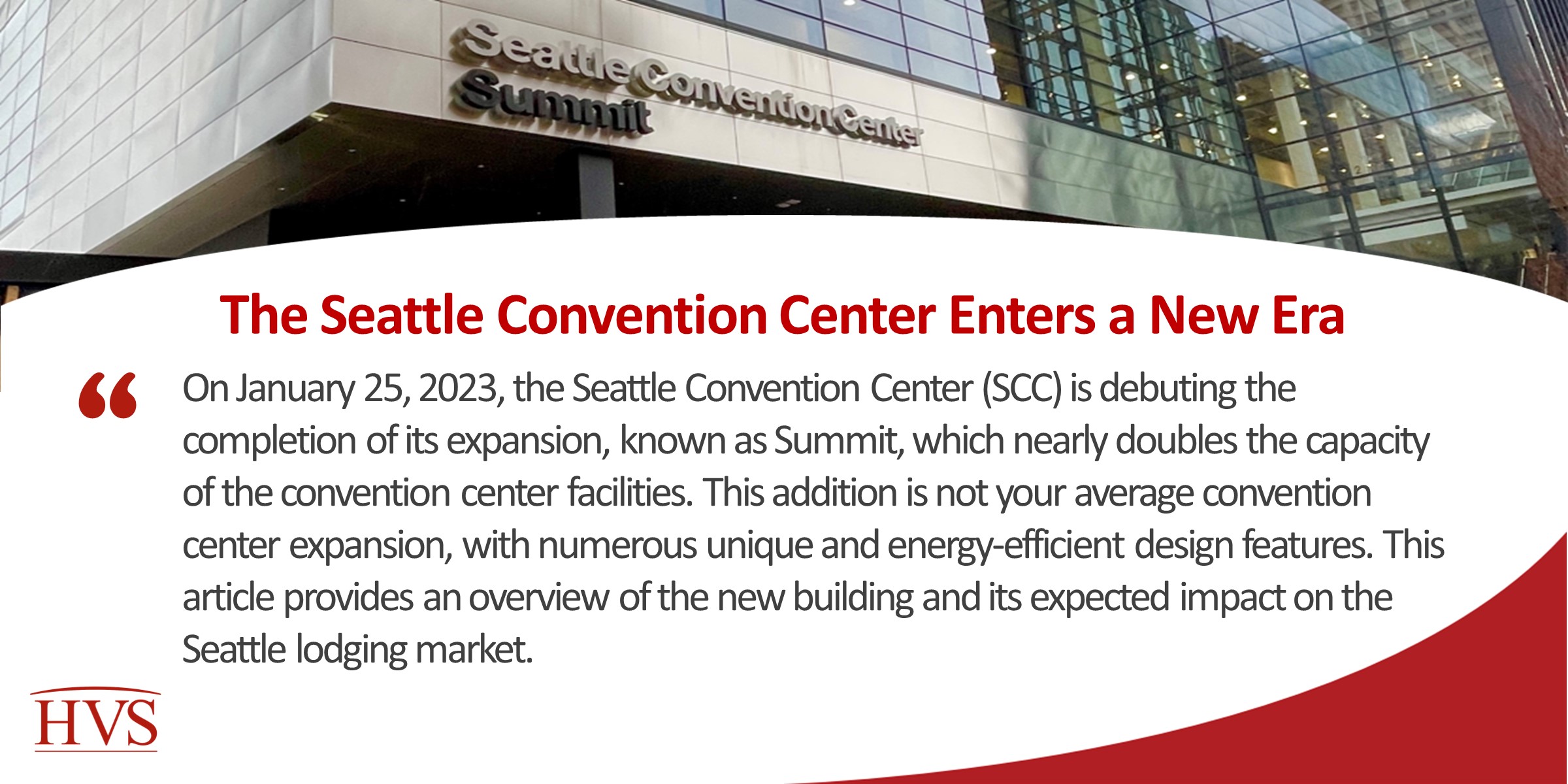
On January 25, 2023, the Seattle Convention Center (SCC) is debuting the completion of its expansion, known as Summit, which nearly doubles the capacity of the convention center facilities. This addition is not your average convention center expansion, with numerous unique and energy-efficient design features. This article provides an overview of the new building and its expected impact on the Seattle lodging market.
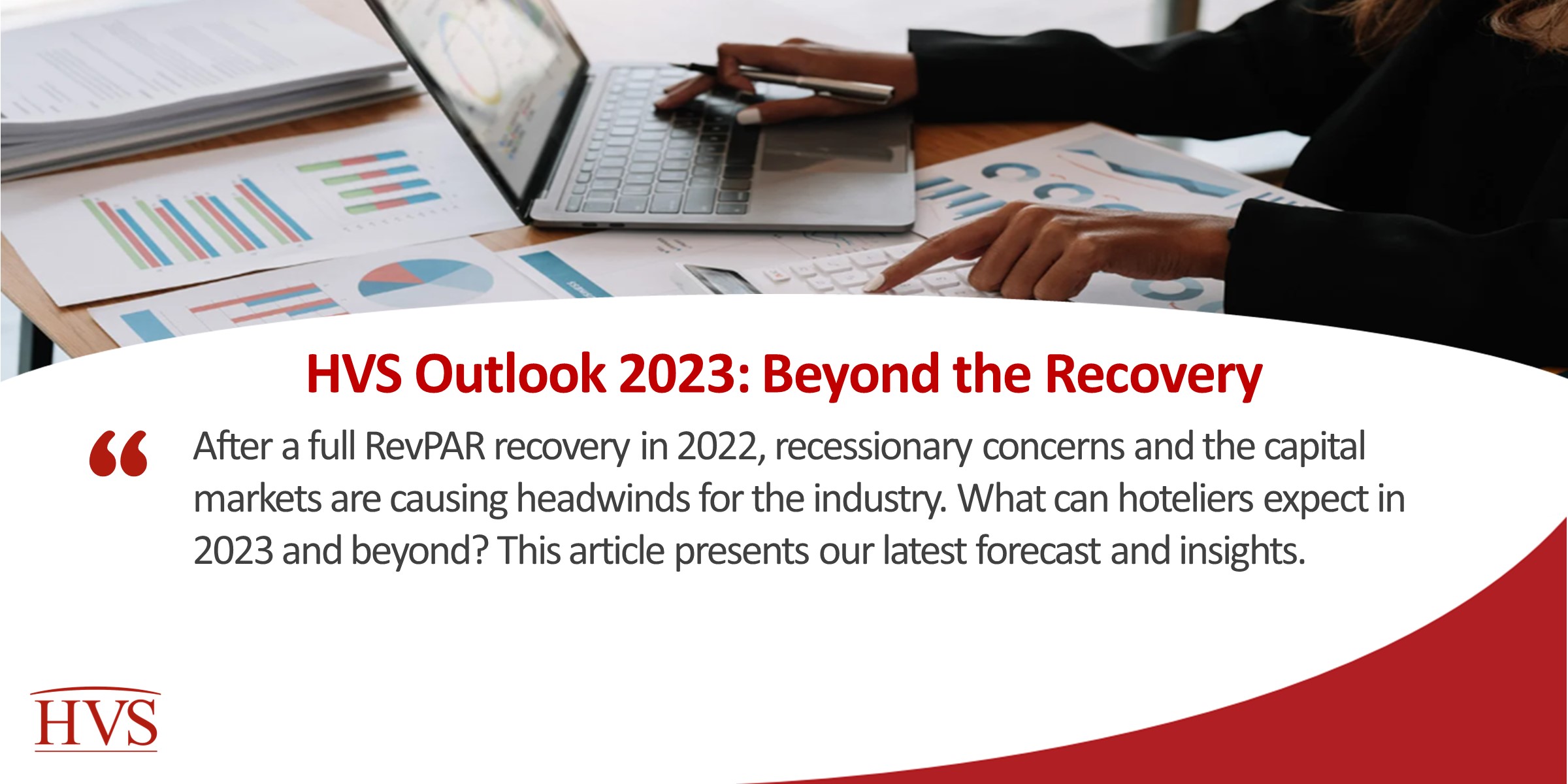
After a full RevPAR recovery in 2022, recessionary concerns and the capital markets are causing headwinds for the industry. What can hoteliers expect in 2023 and beyond? This article presents our latest forecast and insights.

Robust demand in urban centers continues to drive Canadian hotel values despite high interest rate environment.